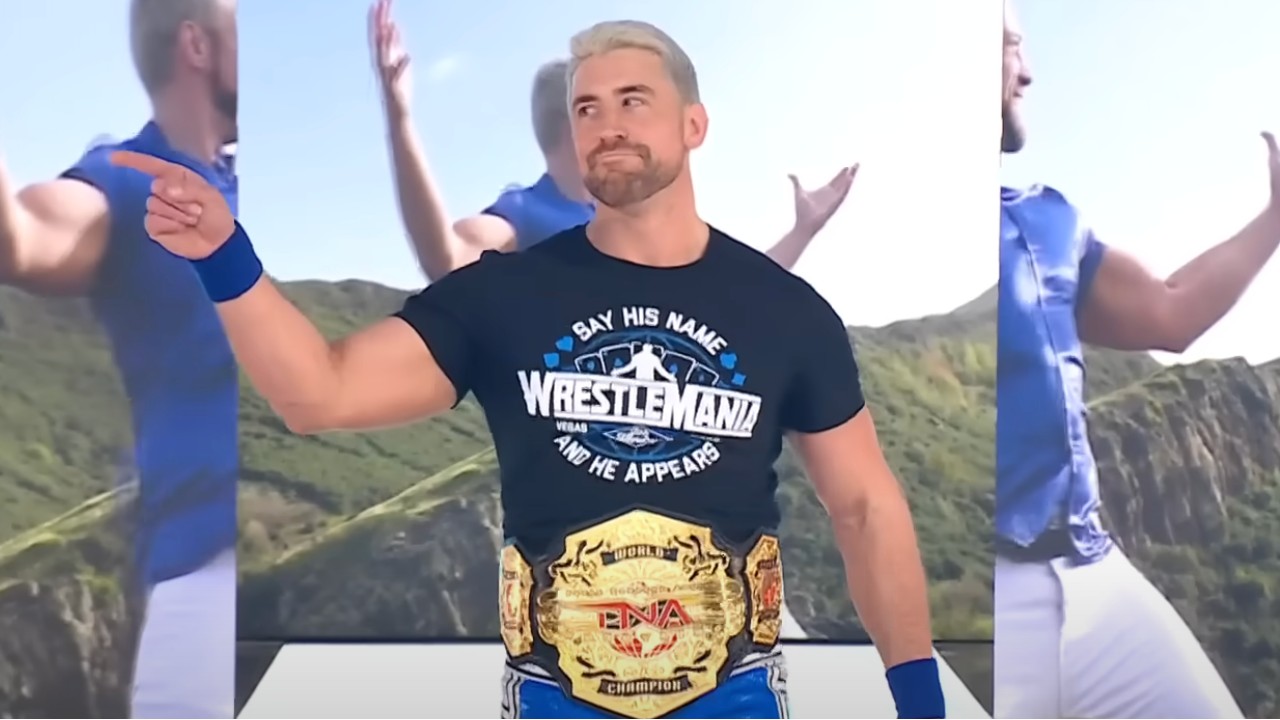As we know from history and decades at the movies, World War II took place on an enormous scale, from the European theater to the Pacific, from troops guarding the southern tip of Africa to the shipping channels of the North Atlantic. The enormous global conflict has been catnip to filmmakers across the last three generations, and yet Peter Weir manages to find a new angle on the saga in The Way Back, a slice of epic life from the war that's both intimate and grand in equally stunning ways. Based on a true story about a band of prisoners who escaped a Siberian gulag and walked thousands of miles to freedom in India, The Way Back transforms the war narrative into the classic conflict of man vs. nature, men (and one girl, played by Saoirse Ronan) forced to confront elements unaware of the world at war and yet just as hostile as an enemy with a gun.
The only glimpse of the World War II we know from the movies-- the uniforms, the stern officers behind desks, the tearful civilians-- is in the very first scene, when Polish Janusz (Jim Sturgess) is accused of anti-Communist sympathies by his coerced, heartbroken wife. He's shipped off to a gulag in harsh Siberia, where inmates shiver in tattered coats, fight over the smallest scraps of food, and often succumb to blindness induced by malnutrition. Within days he's scheming of escape alongside a fellow inmate who's all talk (Mark Strong, gone before you know it), but when he actually flees he's joined by a strange group of companions, including hard-bitten American Mr. Smith (Ed Harris), even harder-bitten Russian thug Valka (Colin Farrell), nearly blind innocent Kazik (Sebastian Urzendowsky), and a crew of hard-to-distinguish supporting players described best as "the funny one, the artist and the priest."
Once they're out of the prison, they walk. Walk through snowdrifts, alongside mosquito-plagued lakes, over rocky hills and sandy deserts and two separate mountain ranges, eating anything from vulture-bitten carrion to snakes and worms, drinking out of mud puddles, hiding from the faintest trace of humanity and constantly looking to the next horizon to be free from Communist rule. Even in the remotest sections of the globe, where sand dunes will bury a body within minutes or even wolves dare not hunt, the prisoners are hemmed in by the global war, unable to stop until they reach a country where Communists won't turn them in. Alone in the wilderness the prisoners must learn to trust each other, even as Valka suggests they eat the weaker ones and Mr. Smith insists on the danger of kindness; a girl escaped from a collective farm (Ronan) slowly brings down the barriers built between the men in the prison camp, and tight relationships grow among the refugees that are as natural, and often stunning, as the scenery that surrounds them At times Weir seems more interested in the spectacular landscapes than the humans who occupy it-- the characters played by non-famous actors are sometimes hard to distinguish, and a few exit the story with little more than a farewell nod-- but in time the low-key nature of both the performances and the filmmaking allow the story to take hold even stronger. Young Jim Sturgess, so bland in so many performances before, recedes beautifully into Janusz, a natural and forthright leader. Harris has never been more grizzled or more subtly commanding as Mr. Smith, while Farrell manages to be understated and terrific even while sporting a Russian accent, myriad crazy tattoos and a giant knife.
Only in the final moments does The Way Back stumble, Weir wrapping up the story too quickly when I would have followed along for another hour easily, the veteran director apparently afraid of turning in a true epic. There are no new answers about war confronted in The Way Back, nor revelations about human nature and frailty Werner Herzog and others haven't covered over the years. And yet the movie is immensely satisfying on nearly every level, a long and slow trek that's thoroughly captivating once you settle down into it and allow its quiet, searing power to take hold.
Staff Writer at CinemaBlend












